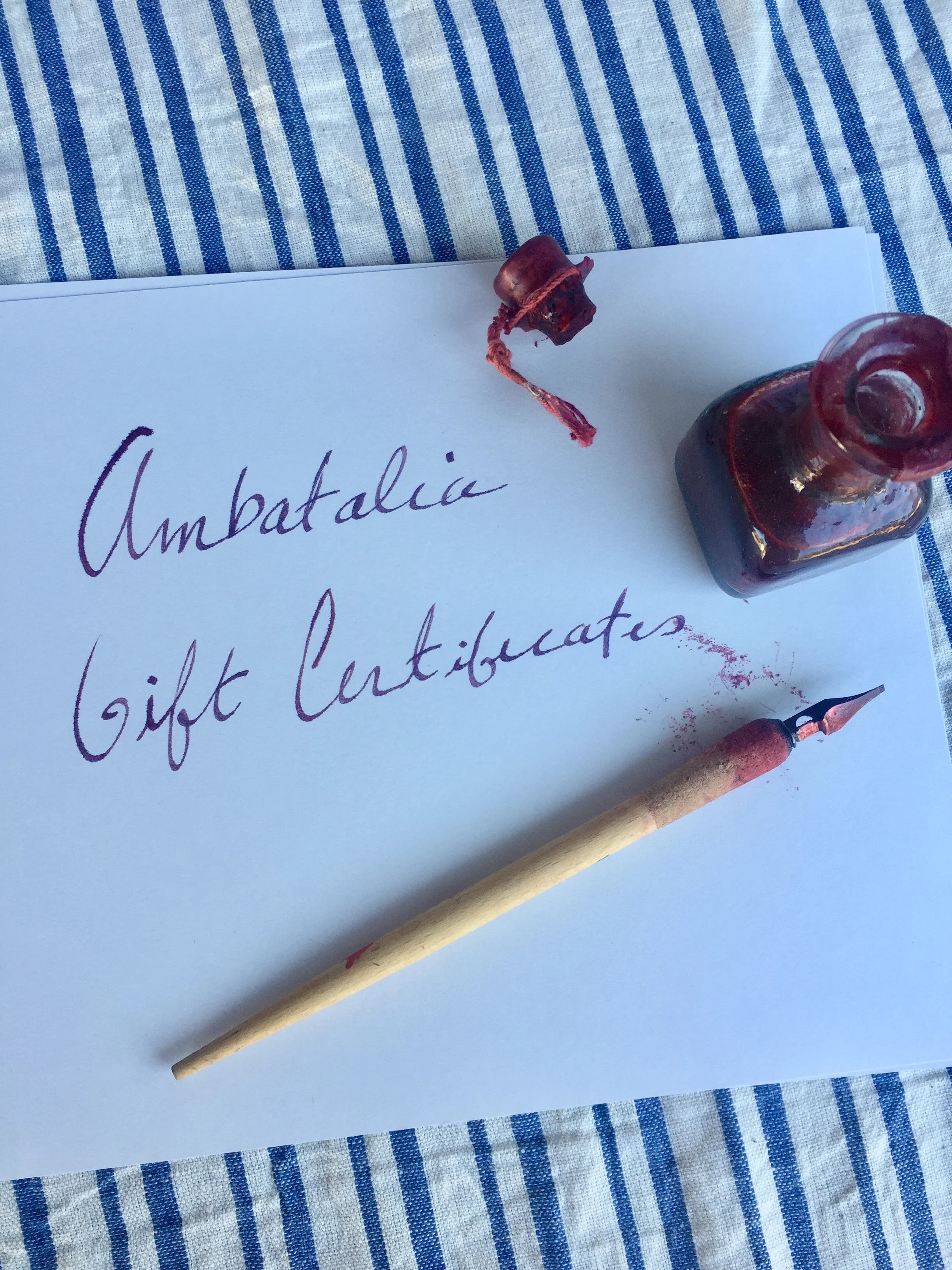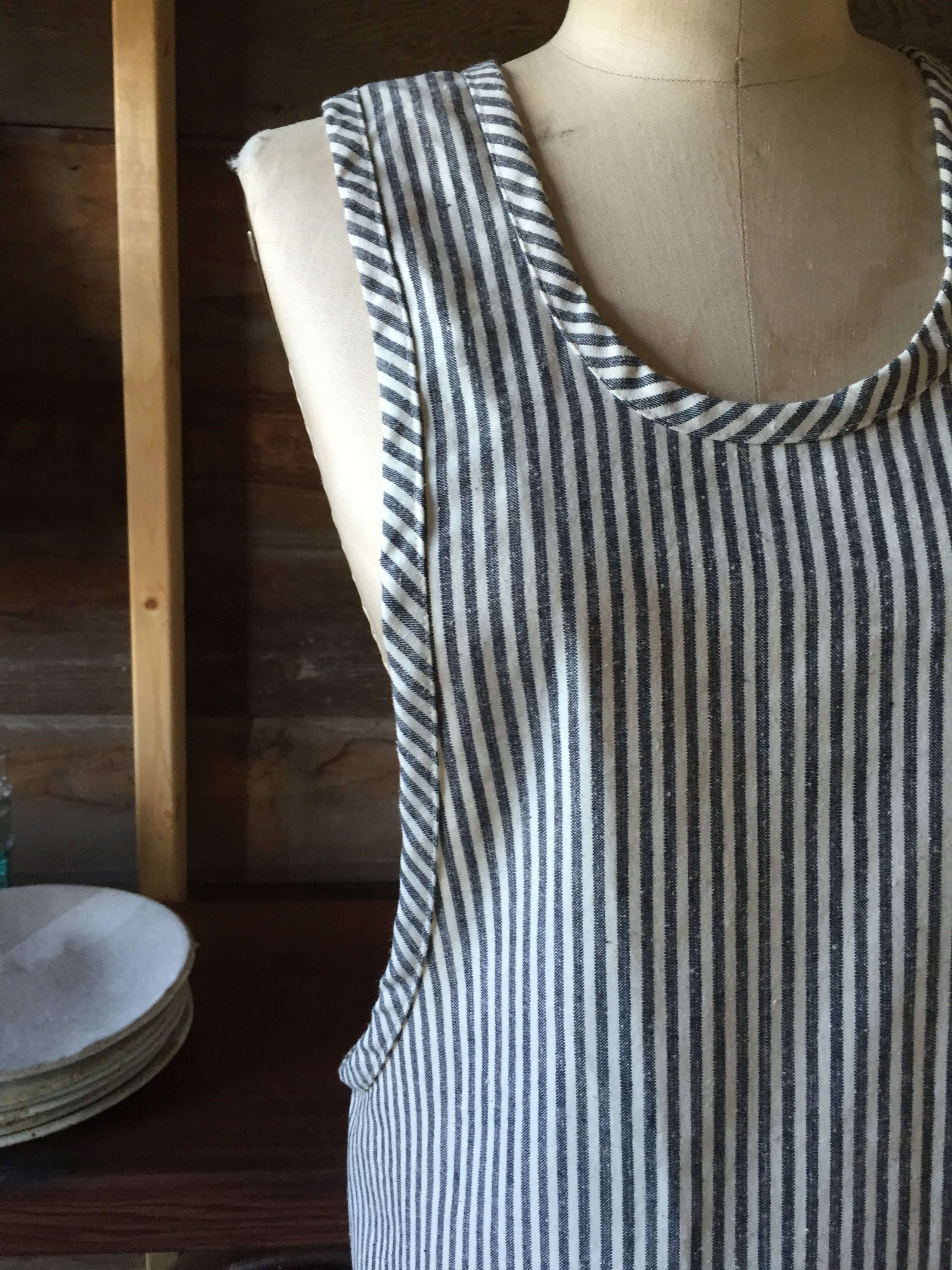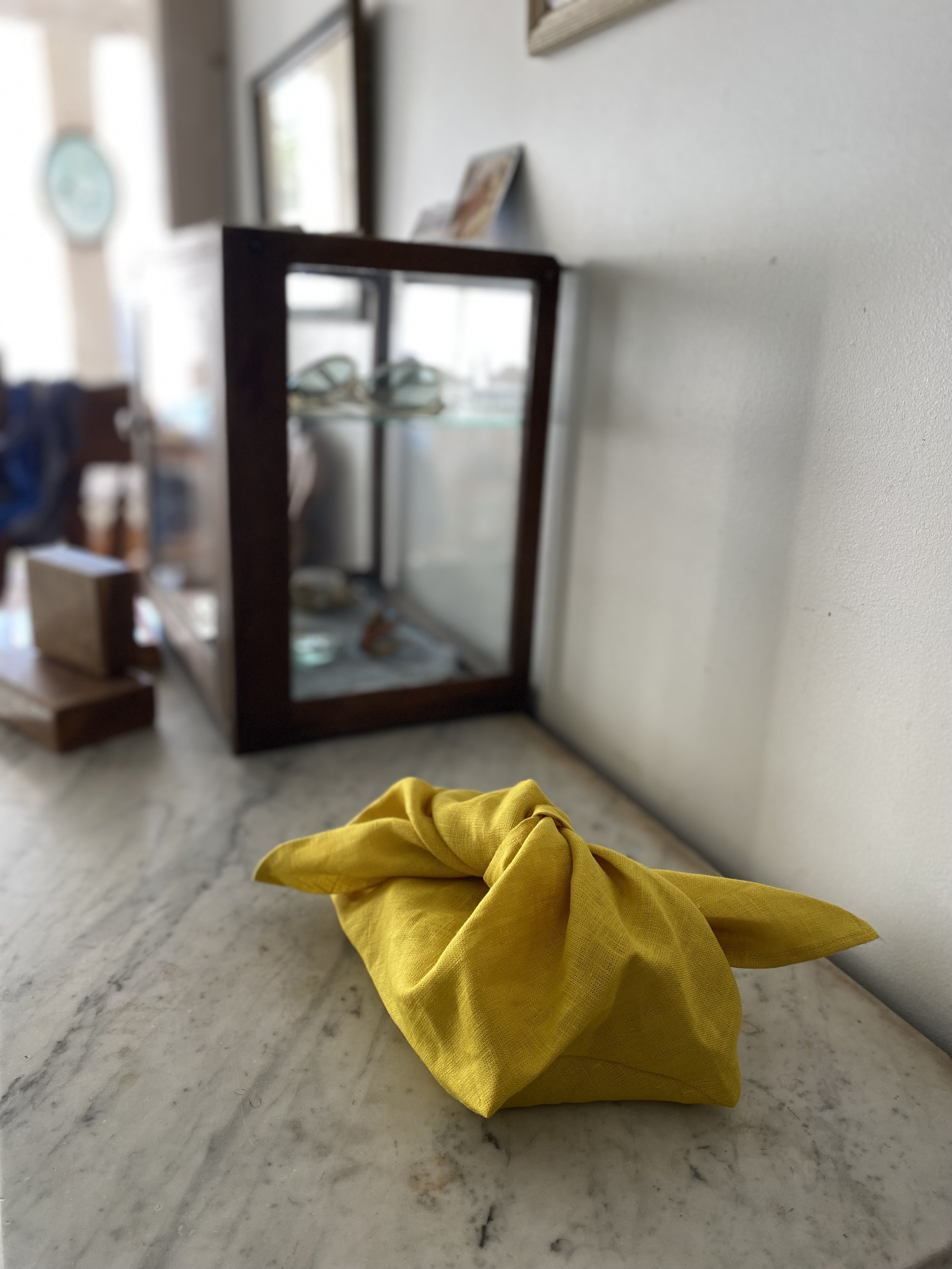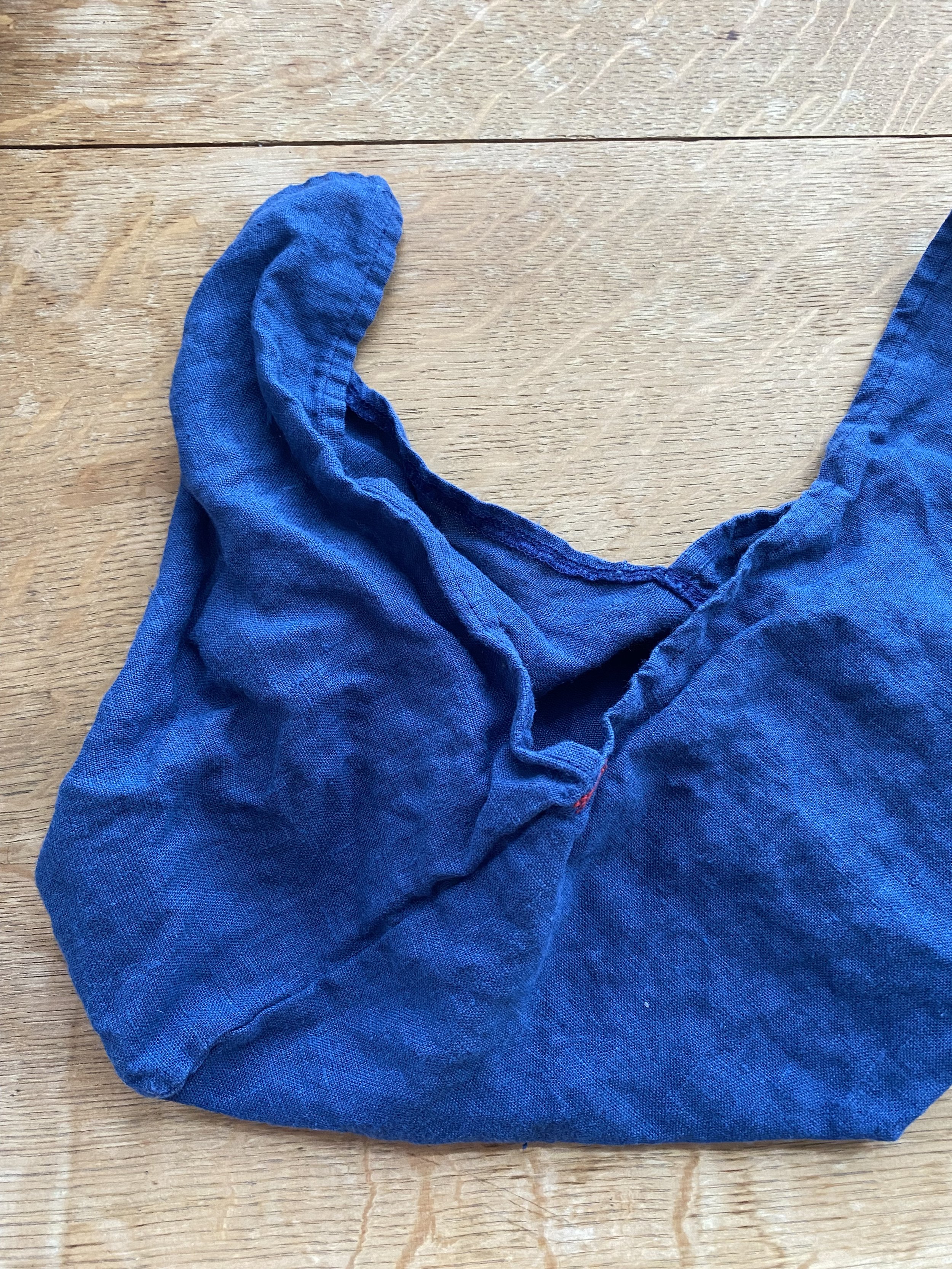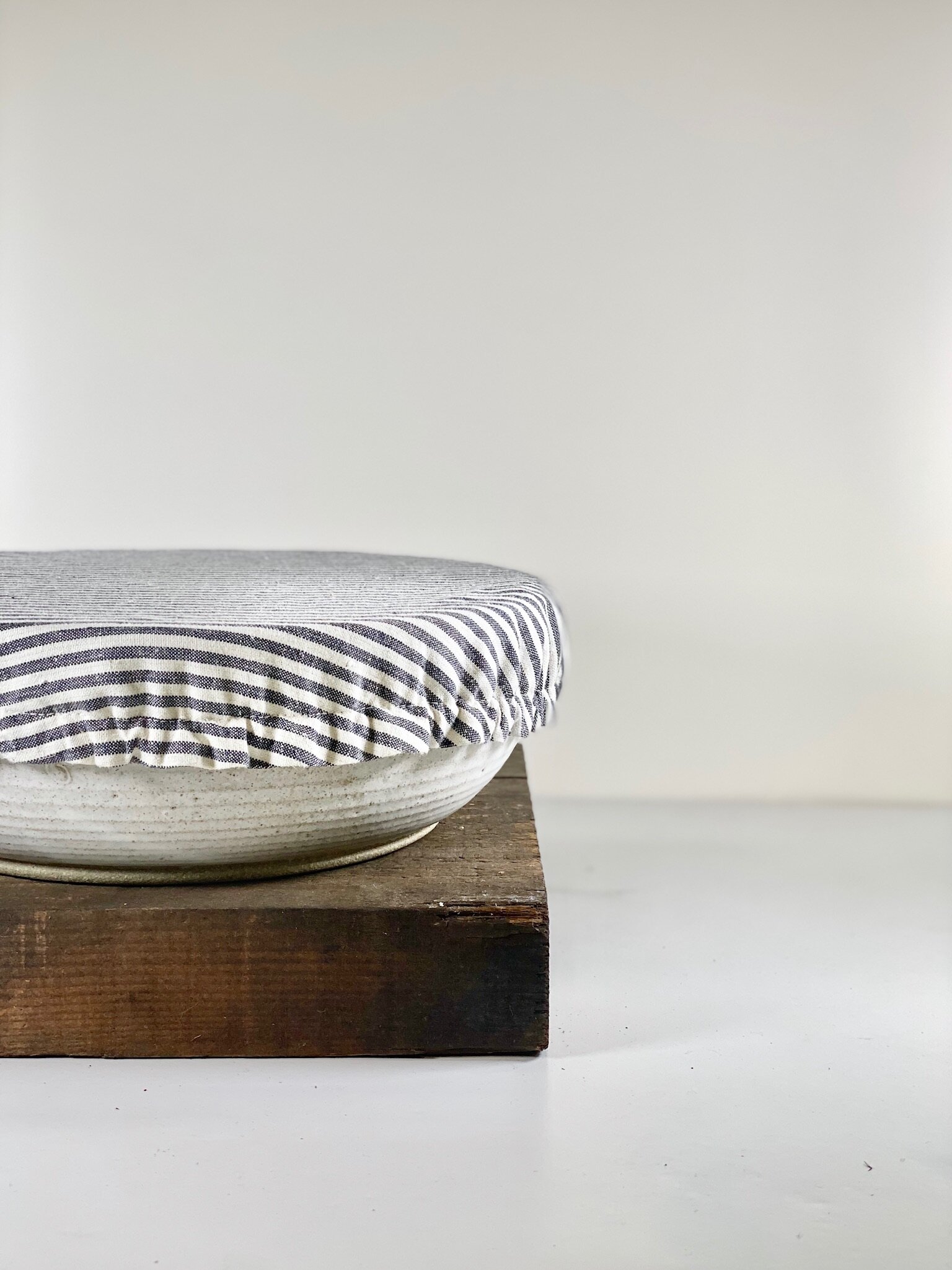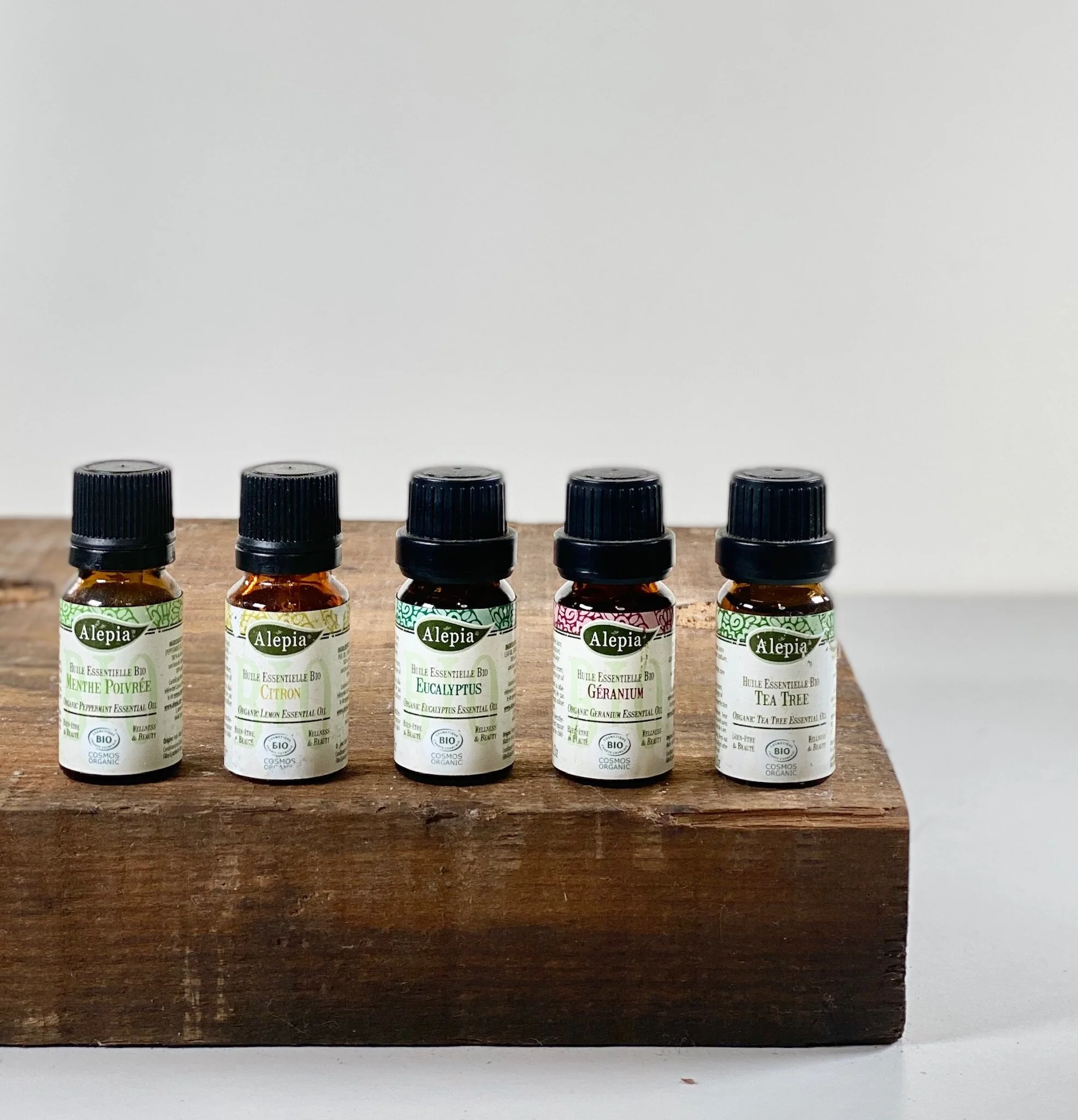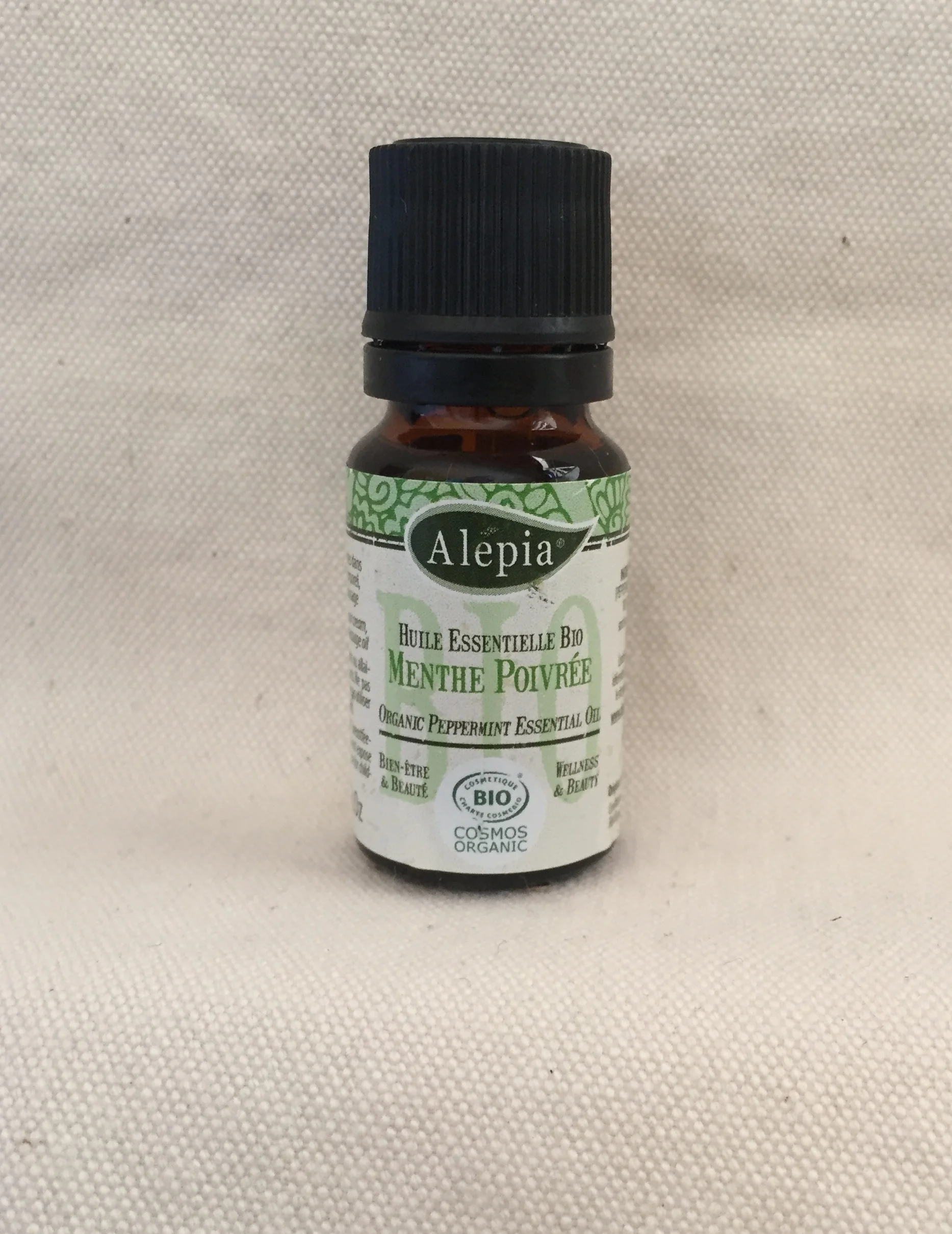Narrow-leaf Milkweed Seeds




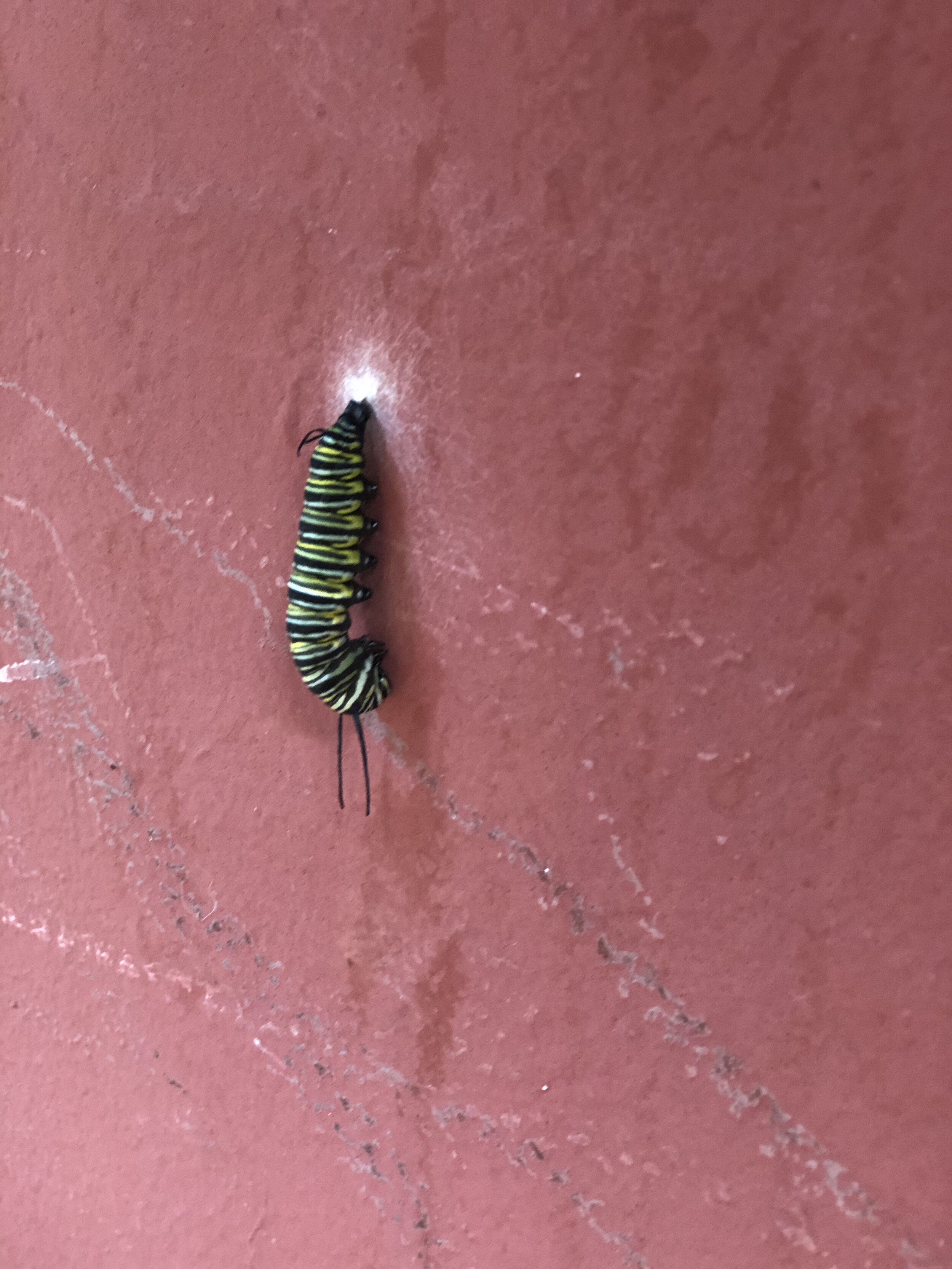
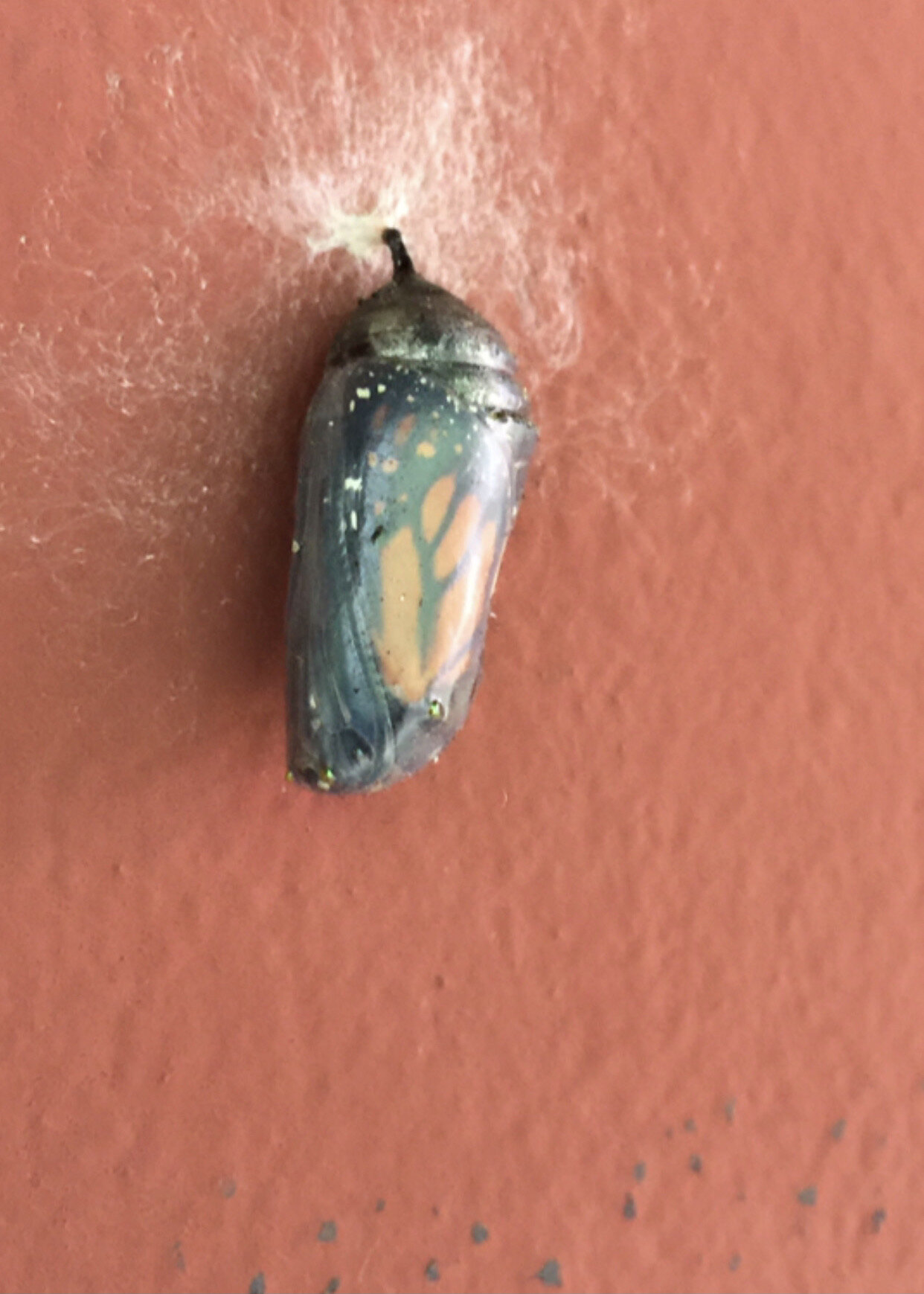
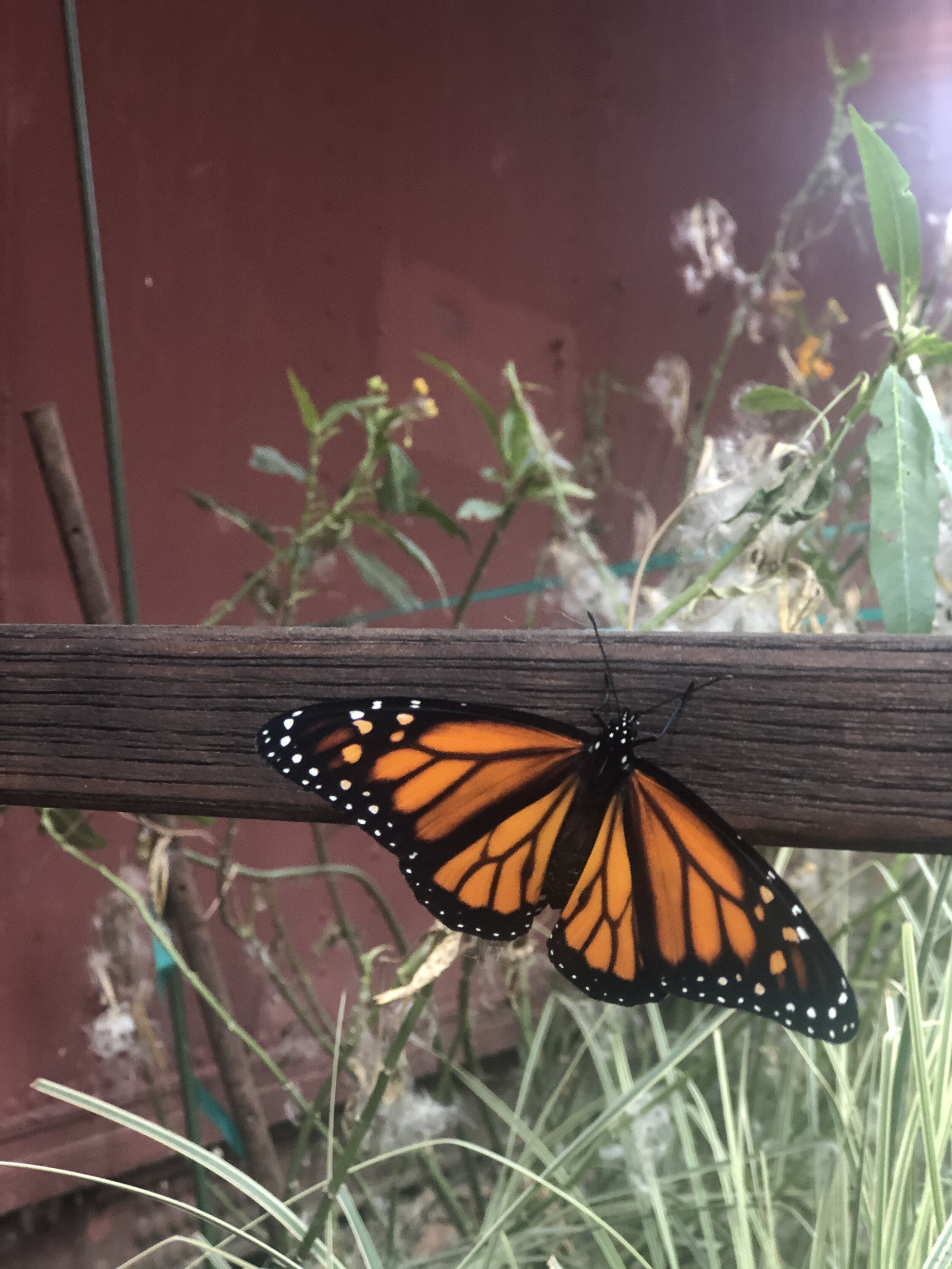
Narrow-leaf Milkweed Seeds
Native California Milkweed
Asclepias fascicularis, Narrow-leaf Milkweed
75 organic seeds in packet
We can help the Western monarch butterflies by planting narrow-leaf milkweed (Asclepias fascucularis), which is the species that is native to Marin and surrounding areas. I think of monarchs as messengers to show us how to take care of our earth. The population of this iconic butterfly is in steep decline due to pesticides being used (think Monsanto), habitat degradation, and the loss of larval host plants.
The monarch butterflies go through four life stages: the egg,, larva (caterpillar), pupa (or chrysalis), and imago or the adult stage- the butterfly. In the pupal stage, the larva undergoes a magical transformation into a butterfly. These butterflies need milkweed in order to reproduce. The Monarch butterfly finds Milk weed plants and lays its eggs on them which supply the nutrients that the eggs needs as it turns into a caterpillar. The caterpillars stay on the plant munching away on the leaves and the magic of transformation begins right before your eyes. Milkweed is the only host plant that the larvae can use for food.
The narrow-leaf milkweed is an attractive herbaceous perennial plant which has white flowers tinged with pink which bloom in late summer. The plant grows from 2 to 4 feet tall and prefers to grow where groundwater is present, such as in seeps, swales, or ditches. It does best in full sun to partial shade.
Please do not plant non-native milkweeds, such as tropical milkweed (Asclepias curassavica). They can cause serious problems, such as disruption of the monarch breeding cycle, and commonly host a protozoan parasite. If you already have non-native milkweed plants be sure to cut them back in October.
Directions: Stratification of seeds for one month, to simulate cold and damp weather, is recommended but not necessary. To stratify seeds place seeds in a ( used) plastic bag or air tight container with a small amount of damp coconut coir, perlite, or vermiculite, for 30 days in the refrigerator. Upon completion of stratification sow the seeds in a container and place in a window or greenhouse or direct sow the seeds in your garden. If you prefer to sow the seeds without going through the stratification process then simply soak the seeds for a few hours prior to sowing the seeds, and sow in late winter or early spring.
Tips for helping monarchs:
Adopt an overwintering site and become an advocate for the protection and management of overwintering sites
Plant nectar-rich, native California flowers that bloom in the early spring (February through April) and early fall (September - November) to provide critical food for the monarchs in areas adjacent to the coast
Plant the milkweed species that is native to your area - see calflora.org for detailsSeek out non-chemical options to prevent and manage pests in your garden and landscaping; pesticides, herbicides and insecticides all kill monarch butterflies
Report all monarch sightings to the Western Monarch Milkweed Mapper.Use the hashtag #SaveWesternMonarchs on Facebook, Twitter and Instagram to raise awareness, and add a Save Western Monarchs frame to your Facebook profile picture.
Art work by Janis Alazone
Learn more at Xerces.org

